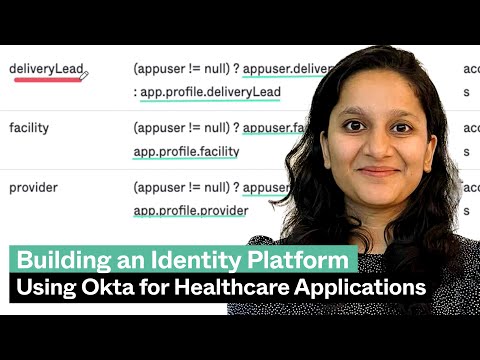Description:
Explore the process of building an identity platform using Okta for healthcare applications in this 29-minute conference talk from Oktane 2022. Learn how Medly, a digital pharmacy, created abstractions on top of the Okta API to standardize Identity and Access Management across their B2B and B2C applications. Discover how to leverage Okta and multiple auth servers, create engineer-friendly abstractions, and bake security and compliance requirements into platform tooling. Gain insights on developing SDKs for backend services and React hooks libraries for frontend applications, ensuring consistent delivery pipelines across products. Understand how to detect outlier applications not following standard practices and create a robust, flexible identity platform that meets healthcare industry requirements.

Building an Identity Platform Using Okta for Healthcare Applications
Add to list
#Information Security (InfoSec)
#Cybersecurity
#Identity Management
#Programming
#Cloud Computing
#Infrastructure as Code (IaC)
#Terraform
#Computer Science
#Authorization
#Security Compliance
#Identity and Access Management
#Okta